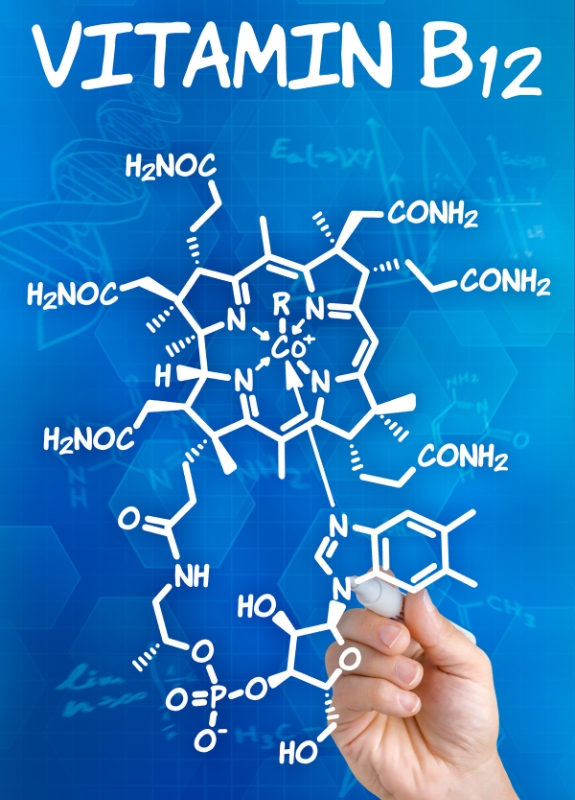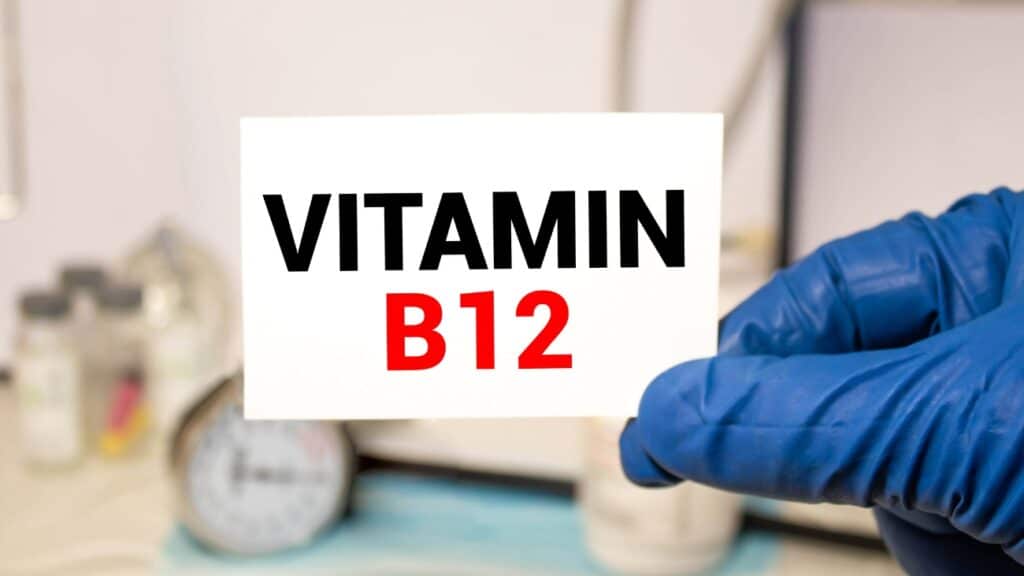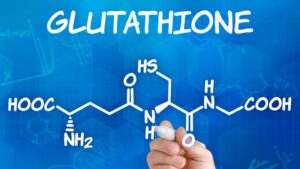Vitamin B12: The Powerhouse Keeping You Buzzing
Imagine your body as a bustling city. Cars zoom along energy highways, construction crews build healthy cells, and the communication network keeps everything running smoothly. Vitamin B12 is the fuel, the architect, and the signal booster for this metropolis within you. Without this essential nutrient, things start to slow down, and chaos can ensue. So, let’s delve into the world of B12, understanding its importance and how to keep your inner city thriving.
What is Vitamin B12?
Vitamin B12, also known as cobalamin, is a water-soluble vitamin found naturally in animal products like meat, poultry, fish, eggs, and dairy. Some individuals require the use of supplements or injections to maintain healthy levels. It plays a crucial role in various bodily functions, including:
- Red blood cell production: essential for creating healthy red blood cells, which carry oxygen throughout your body. Without sufficient B12, you can develop anemia, leading to fatigue, weakness, and shortness of breath.
- Nervous system function: helps maintain the health of your nerves, ensuring proper communication between your brain and body. Deficiency can lead to tingling, numbness, and even nerve damage.
- DNA synthesis: involved in the production of DNA, the genetic blueprint for your cells. Deficiency can impact cell growth and repair.
- Brain function and mood: contributes to the production of neurotransmitters, chemicals that regulate mood and cognitive function. Deficiency can be linked to depression, memory loss, and difficulty concentrating.
Beware the Deficiency: Signs Your B12 Tank is Running Low
While most people get enough B12 through their diet, certain factors can increase the risk of deficiency:
- Dietary restrictions: Vegans and strict vegetarians, who don’t consume animal products, are at higher risk unless they actively seek out fortified foods or supplements.
- Digestive issues: Conditions like Crohn’s disease or celiac disease can impair B12 absorption.
- Bariatric surgery patients: Changes in stomach acid production result in impaired absorption.
- Age: As we age, our stomach acid production decreases, making it harder to absorb B12 from food.
- Medications: Certain medications, such as metformin for diabetes, can interfere with B12 absorption.
Symptoms of Vitamin B12 deficiency
If your B12 levels dip below healthy ranges, you might experience some of these symptoms:
- Fatigue and weakness
- Pale skin
- Shortness of breath
- Heart palpitations
- Headache
- Dizziness
- Muscle weakness
- Loss of appetite
- Weight loss
- Mood swings
- Depression
- Memory problems
- Tingling or numbness in hands and feet

Boosting Your B12: Food, Supplements, & Injections
The good news? Vitamin B12 deficiency is usually treatable by increasing your intake. Here are your options:
- Dietary changes: For omnivores, incorporating more B12-rich foods like liver, clams, sardines, salmon, beef, and eggs is a good starting point. Vegans and vegetarians can opt for fortified plant-based milks, cereals, and nutritional yeast.
- Supplements: B12 supplements are readily available in various forms, including sublingual tablets, sprays, and oral gummies. Choose a reliable brand and consult your doctor for specific dosage recommendations.
- Vitamin B12 injections: In severe deficiency cases or for individuals with absorption issues, your doctor might recommend B12 injections. These injections deliver the vitamin directly into your bloodstream, bypassing the digestive system.
Getting the Right Dose
The recommended daily intake of B12 varies depending on age and health conditions. Always consult your doctor to determine the best approach for your individual needs. They can assess your B12 levels through a blood test and recommend the most appropriate route and dosage to address any deficiency.
B12 isn’t just a trendy supplement; it’s a vital nutrient for keeping your body’s internal city humming. By understanding its importance, recognizing the signs of deficiency, and choosing the right way to boost your intake, you can ensure this powerhouse vitamin helps you thrive, not just survive.
Please note: This blog is for informational purposes only and should not be taken as medical advice. Always consult with a qualified healthcare professional before making any decisions regarding your health and treatment options.
Interested in learning more from our experts? Book your FREE consultation today or call 406.869.1066!



